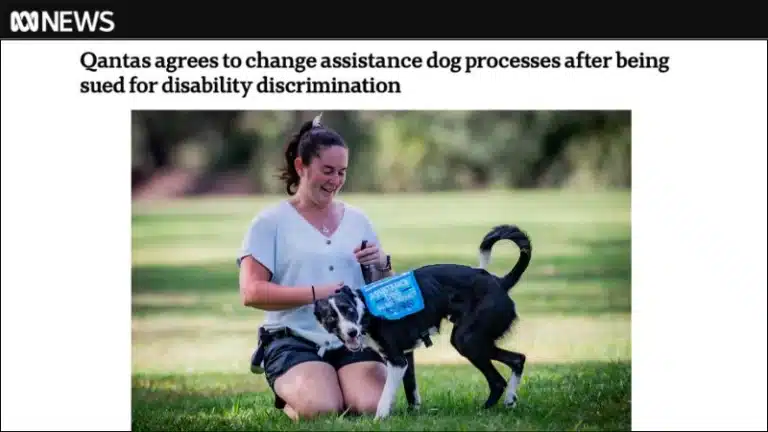The Commonwealth Treasury’s new proposal for a Consumer Data Right (CDR) increases risks for vulnerable energy consumers, won’t deliver its intended benefits and should be abandoned.
These were the recommendations of the Public Interest Advocacy Centre’s submission to the Treasury’s consultation on its plans for a CDR for energy. The Treasury proposal puts control of energy consumers’ data in the hands of energy retailers and automatically opts consumers in to sharing their joint account data.
‘Giving retailers control of people’s data undermines the intent of the energy CDR to give consumers the ability to use their data to their advantage’, said Craig Memery, Director of Energy Policy, Public Interest Advocacy Centre. ‘Retailers have no interest in helping their customers shop around for a better energy deal. The whole point of an energy Consumer Data Right is to overcome this problem; Treasury’s recommendation will only make it worse.’
Treasury’s proposal abandons earlier, well-developed plans to give the responsibility for collecting and controlling data to the Australian Energy Market Operator (AEMO); a proposal supported by states, energy consumer advocates, the energy market operator and others.
‘The market operator is well suited to holding people’s data’, said Mr Memery. ‘AEMO does not have a commercial interest in the data it collects and consistent access could be assured to meet consumers’ needs.’
PIAC understands Treasury’s CDR model will lower compliance costs for large retailers at the expense of increased costs for smaller retailers.
Treasury’s proposal also requires consumers to ‘opt out’ of having their data shared from a joint account. This means permission to share data is only required from one joint account holder and people will be required to opt out to prevent their joint data being shared.
‘The “opt out” model undermines a joint account holder’s ability to give voluntary, express and informed consent’, said Mr Memery. ‘It runs counter to current privacy principles and consent principles central to the CDR, and creates opportunities for financial abuse. The energy sector should be limiting systems and practices that enable abuse, not putting in place models that increase risk without commensurate protections.’
The ‘opt out’ model was also strongly rejected by Financial Right Legal Centre, Consumer Action Law Centre and Australian Communications Consumer Action Network.
‘Consumer advocates support a genuine CDR that is designed and implemented for consumer benefit. What Treasury is proposing will protect big energy retailers from costs and competition, at the expense of consumers and small energy retailers’ said Mr Memery. ‘This last-minute deviation from what is supported by consumer advocates and energy market experts undermines the intent of the CDR and is unacceptable.’
Read the submission here: https://jec.org.au/wp-content/uploads/2021/05/21.05.26-Submission-to-Commonwealth-Treasury-draft-paper-on-consumer-data-right-in-energy-peer-to-peer-data-access-model-and-opt-out-joint-data-sharing-final.pdf
MEDIA CONTACT: PIAC Energy Communications Officer, Anna Livsey: 0478 739 280


